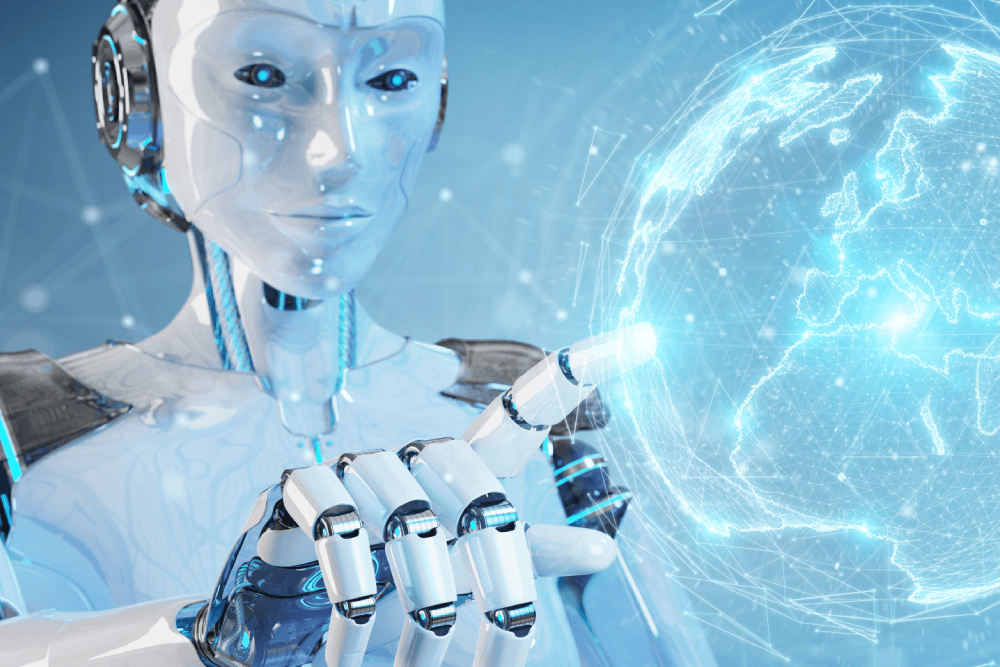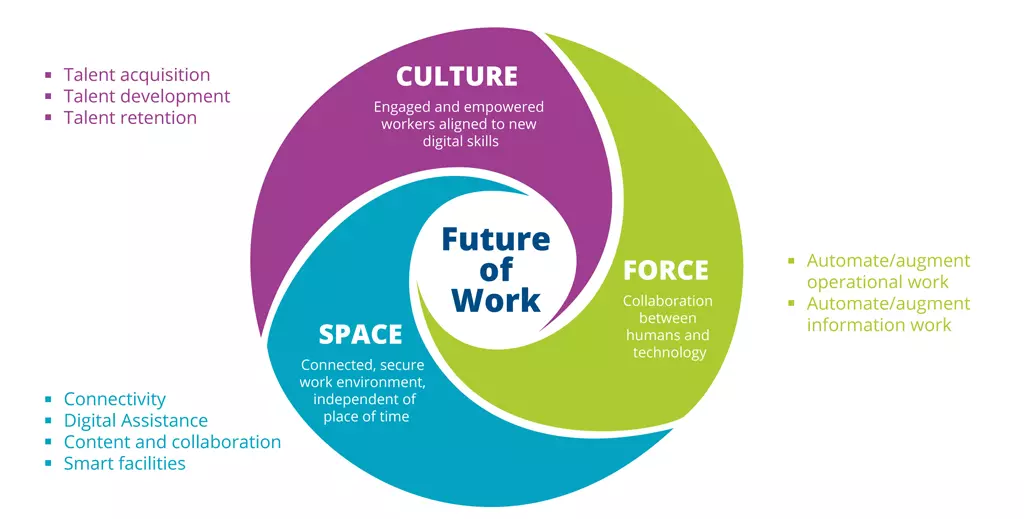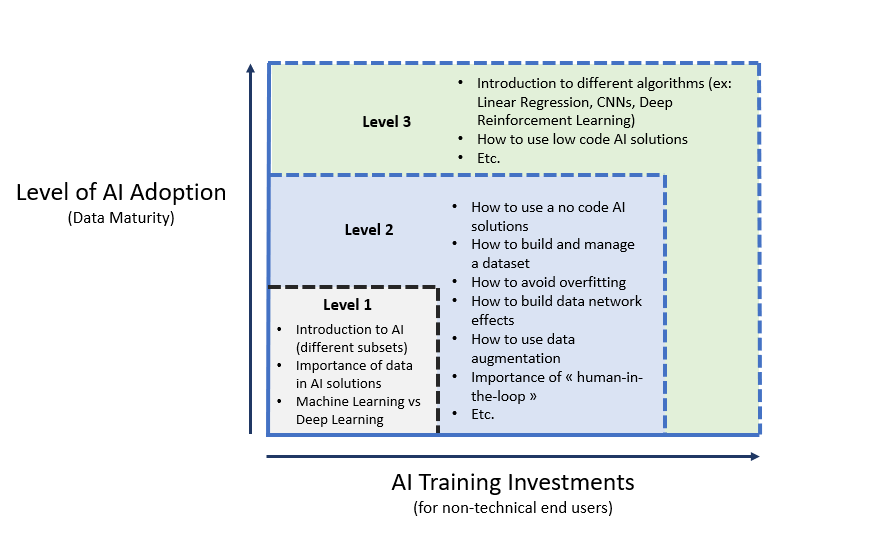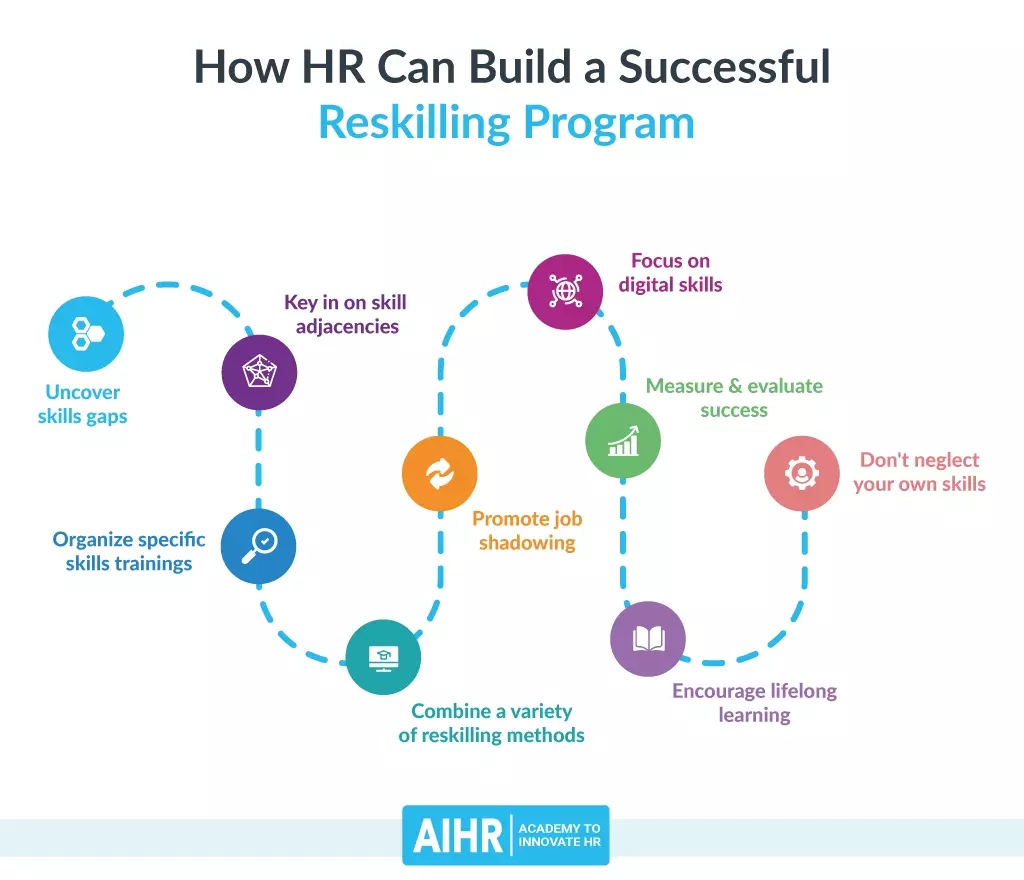Comments
- No comments found

The rapid advancements in automation and artificial intelligence (AI) are reshaping the workforce and raising questions about the future of work.
Companies need workers with the right skills to develop, manage, and maintain their automated equipment and digital processes and to do the jobs that machines cannot. Reskilling can help left-behind workers find new careers.
It's essential for workers to need to learn new skills to access the employment market in a very competitive environment.
This article explores the impact of automation and AI on employment, the skills required in the evolving job market, and the importance of adaptability and lifelong learning.

Automation technologies are revolutionizing industries, from manufacturing and logistics to customer service and healthcare. Robots, machine learning algorithms, and AI-powered systems are increasingly performing tasks previously done by humans. This shift is reshaping job roles and creating a need for new skills and competencies.

The adoption of automation and AI technologies raises concerns about job displacement. Certain tasks and roles may become obsolete, leading to workforce disruptions. However, it is important to note that automation also creates new job opportunities. The key lies in reskilling and upskilling workers to adapt to the changing demands of the job market.
As automation and AI reshape the job market, certain skills are becoming increasingly valuable. Digital literacy, including proficiency in data analysis, programming, and digital tools, is essential in a technology-driven workplace. Additionally, soft skills such as creativity, critical thinking, adaptability, and emotional intelligence are becoming more sought after as they are uniquely human and not easily replicable by machines.
The pace of technological advancements necessitates a shift in how we approach learning and skill development. Lifelong learning is crucial for individuals to stay relevant and adaptable in the changing job landscape. Employers, educational institutions, and governments should foster a culture of continuous learning by providing access to upskilling programs, reskilling initiatives, and flexible educational opportunities.
The future of work is not solely about humans versus machines but rather humans working alongside machines. Collaboration between humans and AI-powered systems can enhance productivity, decision-making, and innovation. This requires a shift in mindset, where humans embrace technology as a tool to augment their capabilities and focus on higher-value tasks that require creativity, empathy, and complex problem-solving.
As automation and AI reshape the job market, it is crucial to consider the economic and social implications.

Policymakers and businesses need to ensure that the benefits of technological advancements are distributed equitably and that no one is left behind. This includes providing support for workers transitioning to new roles, investing in retraining programs, and creating a supportive environment for entrepreneurship and innovation.
The future of work is undergoing significant transformations due to automation and AI technologies. While these advancements bring about challenges and concerns regarding job displacement, they also create new opportunities and the potential for higher productivity and innovation. Adapting to this changing landscape requires a focus on developing digital literacy, soft skills, and a commitment to lifelong learning. By fostering collaboration between humans and machines and ensuring inclusive growth, we can navigate the future of work successfully.
Leave your comments
Post comment as a guest